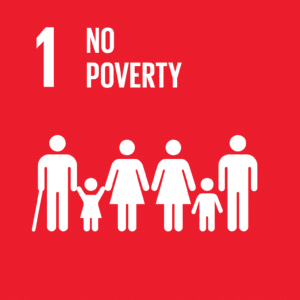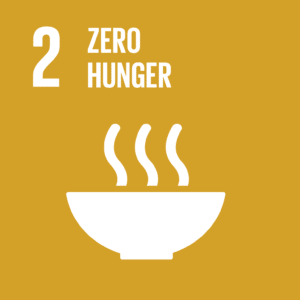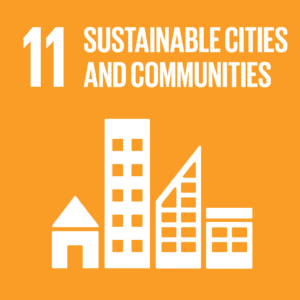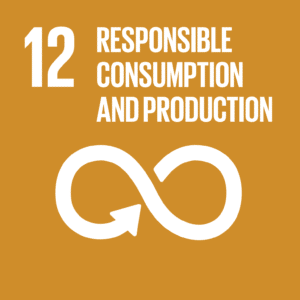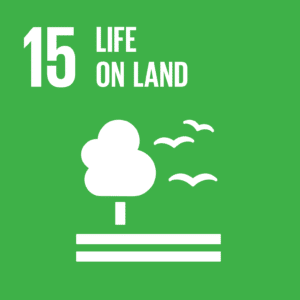Contributing to the drafting of a national law that integrates agroecology into climate policy
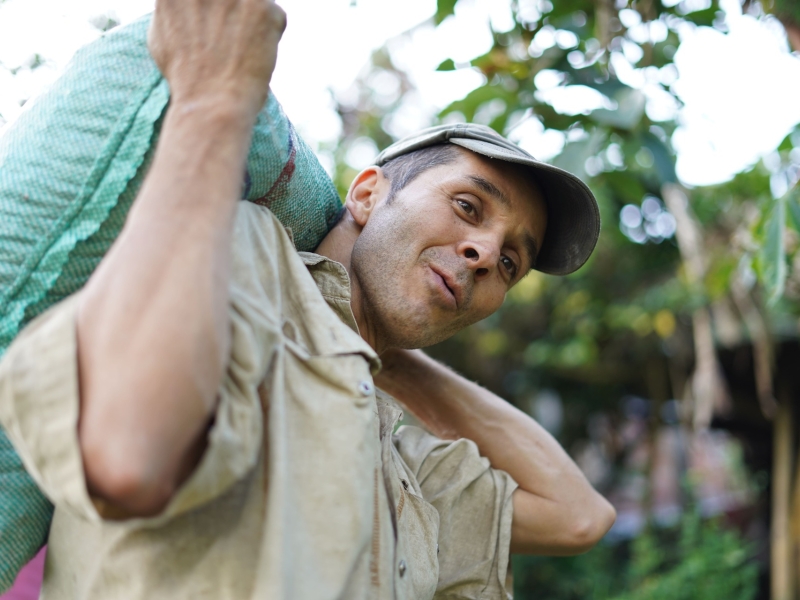
Climate challenges in Colombia: the path to sustainable agriculture
In Colombia, climate and environmental issues are closely intertwined with the aftermath of the civil war, which had a significant impact on land use and social inequality. Millions of people were displaced from their land, leading to large-scale deforestation and pollution from mining and agro-industries. This resulted in increased greenhouse gas emissions and the disruption and destruction of ecosystems. Small-scale farmers, who are responsible for the majority of food production, have access to only a small portion of agricultural land, while the most fertile lands are controlled by a small elite. Climate change exacerbates these problems, increasing the risk of natural disasters such as droughts and floods.
The current political climate in Colombia is focused on sustainability. The government aims to replace high-emission production systems with a sustainable economy. In this context, the important role of indigenous communities, Afro-Colombians and small-scale farmers is recognized in protecting the land against the impacts of climate change. These groups promote sustainable agricultural practices to enhance their resilience to the direct effects of global warming and to reduce greenhouse gas emissions from mining and agro-industries.
Agroecology for climate adaptation and mitigation
In the regions of Antioquia and Sumapaz, polluting industries are being replaced by climate-friendly agroecological food systems and renewable energy sources. The goal is to embed these transitions into local and regional government policies and to work towards a national law that supports agroecology as an economic alternative.
This change will be achieved by strengthening farmer networks and social organizations, implementing both an agroecological and an energy transition. Additionally, organizations from both regions will be brought together to collectively influence policy-making, with the goal of contributing to a national framework for agroecology and energy transition.
The agroecological restoration of the watersheds in these regions includes management practices focused on soil conservation, ground cover, ecological diversification and the implementation of sustainable technologies for the energy transition.
Local organizations are being strengthened to actively involve young people in defending land rights, which is essential to counter rural depopulation. Improving the image and livability of agricultural areas, capacity building through the School of Agroecology, promoting short-chain economies and providing support in socio-ecological conflicts are crucial in this effort.
To enhance the economic viability of local markets for sustainable products, investments are being made in infrastructure, capacity building, and resources for production, supply, marketing, distribution and consumption. This will significantly strengthen the position of farming communities.
The current government also presents a unique opportunity to create a legislative framework that places sustainable agriculture and energy transition at the forefront of climate adaptation and mitigation in rural areas. Based on the experiences with the agroecological transition in Antioquia and Sumapaz, a joint bill will be drafted in collaboration with various rural communities.
In nine municipalities in the regions of Antioquia and Sumapaz, an action plan is being developed and implemented for an agroecological transition combined with a local energy transition.
A demonstration farm will be established where at least 100 people from both regions will be trained. Additionally, sustainable techniques will be implemented at 85 farms to support the energy transition.
This sustainable approach will be embedded in a national law that promotes agroecology as an economic alternative for polluting industries with high greenhouse gas emissions.
Want to know more about this project?




